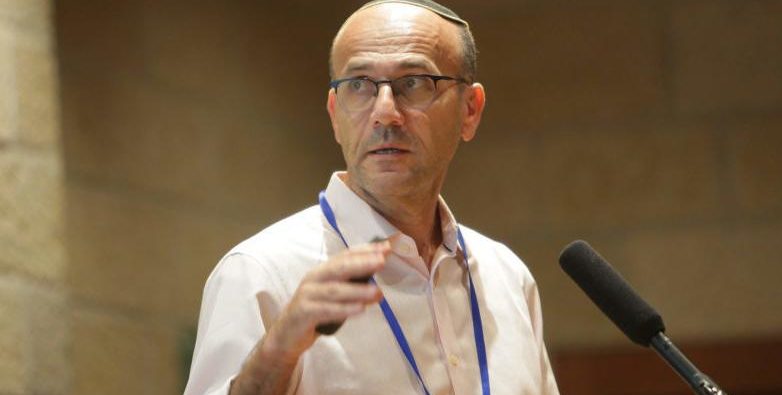
Do our children know enough about Israel?
An American study questioned the substance of Israel education in Jewish day schools
When Bradley was 17, he was interviewed as part of a research project on Israel education in Jewish day schools in the USA. As a teenager, he was a passionate supporter of the Jewish state and felt a responsibility to defend it, believing Israel was something to “cherish a lot”.
But seven years later, he had become more left-wing politically and his opinion of Israel changed. The ethical and political foundations on which he had been taught at school to “advocate for Israel” now felt detached from his general worldview and he felt resentful at his school. “How dare they have led me astray as a young kid,” he now said.
His experience was cited at one of the sessions at a recent conference for Jewish secondary school teachers organised by the London Jewish School of Studies. Despite having to move online, it attracted nearly 130 participants from the UK and abroad.
“It is really challenging task to engage in a form of Israel education that is authentic, honest and developmentally appropriate to a degree that young people won’t look back on it as being paediatric,” said the presenter of the LSJS session, Alex Pomson of Rosov Consulting, which conducted the research.
Rosov initially surveyed 40 students from four high schools, two modern Orthodox and two community. Seven years later it tracked down just over half the sample — 22 — to see how they felt about Israel as young adults.
Students were defined according to three broad categories: devoted, disengaged or disillusioned. The devoted, who comprised around half the school sample, happily identified as Zionists. The more religious they were, the more likely they were to fall into this group.
The disengaged were more passive. At 17, Michelle, a community school pupil, said: “I don’t feel like you should have such a strong connection to a country half-way round the world.”
The disillusioned were more critical of Israel but cared deeply about it.
The most surprising finding of the follow-up survey, Dr Pomson said, was that few had changed their outlook seven years later. Only three of the 22 had significantly moved, like the once devoted but now disillusioned Bradley.
Another student had moved from mildly devoted to disengaged, feeling conflicted after learning about the Palestinian version of events at university. A third student, however, had moved from disengaged to devoted after going to yeshivah in Israel.
Some developed a more nuanced view, like Jane, who went into the IDF. While being in Israel opened her eyes to its political complexities— as a soldier, she witnessed clashes between settlers and Palestinians on the West Bank — she retained her love of the country.
But wherever they were on the spectrum, one consistent message came from the young adults; many looked back on their Israel education at school with frustration and disappointment, considering it an “opportunity missed”.
While they recognised their schools had been well-intentioned in presenting a “sunny, upbeat picture” of Israel, they felt they had been given too little chance to explore its more complex realities. They felt deprived of a “serious education”.
Jewish schools in the USA may well differ from those in the UK. Since Britain is geographically closer to Israel than the USA, more UK Jewish teenagers may have visited the country than their American counterparts. But fostering a connection with Israel is a goal of mainstream Jewish schooling in the UK and the research, suggested Dr Pomson, who is from London originally but now based in Jerusalem, could help teachers here evaluate the content and aims of their Israel programming.
Jewish schools, the Rosov study concluded, should not be afraid of asking students “big questions” about Israel.
“Day schools should be safe social places in which to become familiar with political concerns about Israel,” it recommended. “If those concerns are explored honestly and authentically, and not just as debating points to be dismissed in an Israel advocacy session, students will appreciate the opportunity to learn about the world outside the day school bubble.”
Schools need to help students develop cultural associations with Israel that go beyond the “superficial, sentimental or glib”. The arts could be one area to do this. And rather than avoid the challenging political questions, they could weave them together with the social and cultural programmes on Israel.
While the fact that few in the survey had altered their views between school and adulthood might suggest there was no need for schools to change, that would be shortsighted, the report said.
“Schools are supposed to educate. Day school students have a right to be well informed about Israel. The thoughtful, often inspirational, young people with whom we spoke indicate that they deserved better.”
Devoted, Disillusioned, Disengaged www.rosovconsulting.com
Source: The Jewish Chronicle




